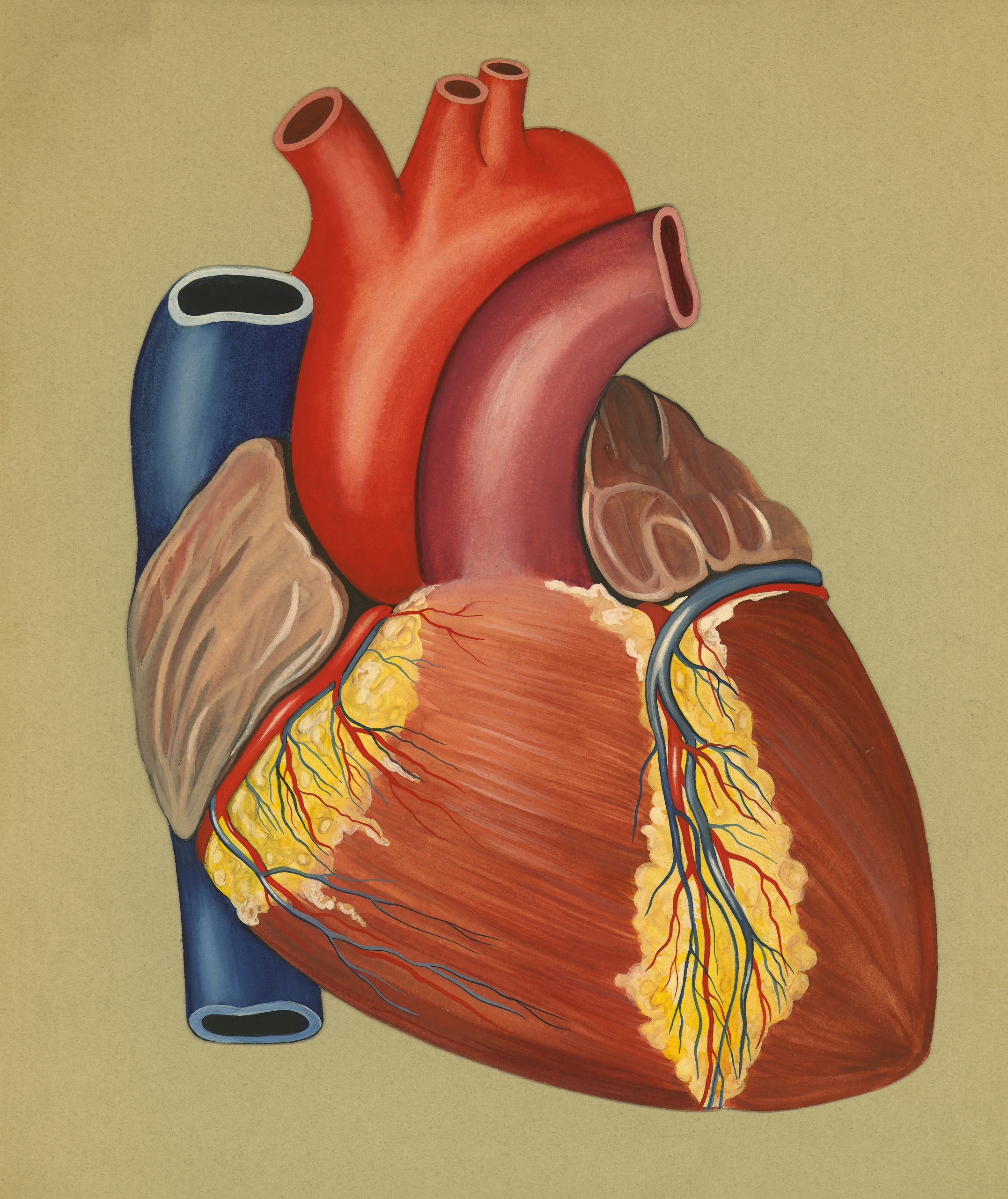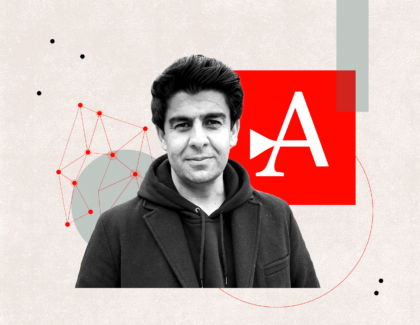Sign up for the daily CJR newsletter.
Are you a journalistic god? Do you believe that your piece is the truth—that, by arduous training and rigorous discipline, you see reality without the obfuscating subjectivity of mere mortals? Or are you a campaigning zealot, unapologetically and passionately in the arena?
The gods are more wrong than the campaigners, for the gods lack self-knowledge, humility, a basic understanding of epistemology, and often empathy, whereas the campaigners lack only despair.
The gods, not being actual gods, are purporting to achieve the impossible; the campaigners rightly seek to achieve the improbable. But both should change. The gods should abandon their hubris because they are deluding themselves and misleading their readers.
The campaigners should lay down their arms, because the way they’ve been taught to wield them makes them servants of ideas rather than people, and the meanest and most corrupt person matters more than the most elevated idea.
There is a better moral and journalistic principle than this: dignity. To explain what I mean, I have to start right at the beginning. With the Big Bang.
The law of quantum nonlocality is mystical and vertiginous. But its truth has been repeatedly and emphatically demonstrated. If two particles have been close, each will affect the behavior of the other forever, instantaneously, and however far apart they are.
Everything was close to everything else at the time of the Big Bang. So the spin of an electron on one side of the universe will be determined instantaneously by the spin of an electron on the other side. And by all other electrons. We shouldn’t imagine some sort of messaging, some sort of command, but rather note that the whole cosmos is one. The burden of our agency in a cosmos like that is crushing and exhilarating. It’s halfway to omnipotence.
There was a bitter debate between Niels Bohr and Albert Einstein that makes this central to the practice of journalism. Einstein contended that in principle a theory could conform perfectly to the world. No, said Bohr, it can’t, because the observer will affect the observed, and vice versa, thus confounding the predictions of any imaginable theory. Hence the Heisenberg Uncertainty Principle, of which Bohr was a coauthor. Bohr turned out to be right. Objectivity is impossible. Subjectivity is fundamental and unavoidable.
Journalism is written by people, for people, and generally about people. And so, beyond particles, we must form some idea of what humans actually are before we can form a way to write better about them.
As soon as we see behaviorally modern humans in the archaeological record (about forty-five thousand years ago), we see evidence of a belief in dignity as the defining human attribute. We buried our dead, rather than leaving them for the foxes. We celebrated their lives with flowers and gold. We assumed that they (whoever “they” were) were far more robust than their bodies, and would endure worms and fire.
And, perceiving and feeling our own dignity, we attributed dignity incontinently to everyone and everything else, from mountains to seeds. Eating was a problem, because it involved the death of dignified plants and dignified caribou, and so meals required an elaborate choreography: a litany of oblation and satisfaction. To be a human being was to negotiate the dignities of others in a way consonant with your own dignity: to hold up your head in a procession of dignitaries.
About 86 percent of our time as behaviorally modern humans has been spent as hunter-gatherers (compared with 13 percent as post-Neolithic farmers, and 0.86 percent as acolytes of the Enlightenment). We were forged in the Upper Paleolithic. Under our suits and in our centrally heated offices, we’re constitutionally hunter-gatherers still.
Though we’ve lost a lot, we’ve never lost that most ancient and fundamental conviction: that we matter; that we signify. Dignity is the true name of that conviction. And central to our understanding of our significance is the belief that we each have our own story. Stories seep from the cave walls and are declaimed by the mammoth-ivory lips of the first carvings of the human form.
What makes a good story? In every age, in every book, in every newspaper, on every website, a good story is one with a beginning, a middle, and an end, which tells the truth. And the most basic truth is that we matter: that we are dignified.
Immediately after the Second World War dignity appeared as a foundational principle in many national laws and constitutions (for instance in Germany and Israel), in many international conventions (such as the 1945 UN Charter and the 1948 Universal Declaration of Human Rights), and it has subsequently been grafted into a huge number of professional ethical codes and declarations.
“Dignity” was generally left as an undefined placeholder in these instruments. But soon the time came when the lawyers noticed and invoked it, and then it had to be dusted off in courts and tribunals, given some real substance, and put to work in the world.
Among those who think that dignity means something there is now a broad consensus. Dignity has two elements.
The first is intrinsic dignity—an inalienable quality; a status that comes simply from being a human (although it doesn’t begin to follow, as the hunter-gatherers knew, that nonhumans can’t have a comparable type of dignity).
The second is the dignity associated with human flourishing. There are certain modes of being a human that are more consistent with our intrinsic dignity than others, and to live in accordance with those modes will be to flourish more exuberantly.
This second criterion needs careful handling. It can be abused to prescribe and proscribe certain ways of being. As ever, the devil is in the detail, but a look at the ways that dignity has been deployed suggests that, generally, intrinsic dignity polices flourishing dignity very diligently.
In Israel, dignity gives a right to have the inscription on your tombstone in the language of your choice. In South Africa it has outlawed homophobia and abolished the death penalty. In Nigeria it has denounced the parading of a handcuffed prisoner before his wife and children. In Pakistan it has deleted from the law the expressions “disabled,” “physically handicapped,” and “mentally retarded.” In Colombia it is the basis of the state’s obligation to provide healthcare. In Argentina it is the foundation of the right to freedom of speech and free association. It would take strenuous (but not inconceivable) mental gymnastics to use dignity to do the obverse of all these.
If you look at the evidence about what laypeople (particularly those teetering on the edges of life) understand “dignity” to mean, you’d think there was little point in going to college. For they too distinguish between those two meanings of dignity, and anticipate beautifully what the Supreme Court justices of the world say dignity means for the regulation of individual and corporate life.
This is reassuring. It suggests that this understanding of dignity is indeed foundational, entombed deep in our history and our intuitions. Dignity is, say the people gasping for breath in a hospice, about being human, and being human well. It’s the same conclusion reached when those early humans first looked at themselves and said: “I’m a human. How, then, should I live?”
And how should we write? How should we reflect the experiences of others? As dignified humans among dignified humans. That is the only rule.
It means we must shed our pretensions to be gods, and hence our delusions of objectivity. It means we must not be campaigners—or at least very careful if we are—because zealotry is usually zeal for an abstraction (such as justice, or liberalism, or conservatism), and abstractions fall short of everything that a real, dignified human is.
We can and should be storytellers, for part of the business of being a dignified human is that you have your own story. Being stories ourselves, nothing convinces us as powerfully as a story.
To tell a story simply, without diluting it with abstraction: that’s how to change things. Remember that Bohr-Einstein exchange. Theories don’t work; encounter is everything. Every encounter is between dignified beings. Journalistic skill is putting encounter on the page.
We can be human, and dignified, and dignity-recognizing, and dignity-maximizing: honest about what we are and what we see, silent about what we don’t see, and humble about the highly material facts that we’ve failed to see.
Are you writing about an enslaved child?
Don’t see her as a product of social forces. That diminishes her. She is far bigger, more complex, and more mysterious than any Foucauldian or other account of her. To think that she is comprehensible is outrageous hubris. To see her as a pawn in a game whose rules you understand takes away her unique name; reduces and depersonalizes and de-dignifies her. You cannot see her from above, but only from alongside, as your dignity speaks to hers.
Don’t see her, either, as a vehicle for your own outrage, for your causes. She has been wronged, yes, but only she, and not you, can tell the story of the wrongness. You can translate her words into legible paragraphs, but there should be little of you in the translation.
And you will find, because it is one of the paradoxical laws of dignity and altruism, that the more you try to exclude yourself, the more truly yours your voice will be.
Has America ever needed a media defender more than now? Help us by joining CJR today.







